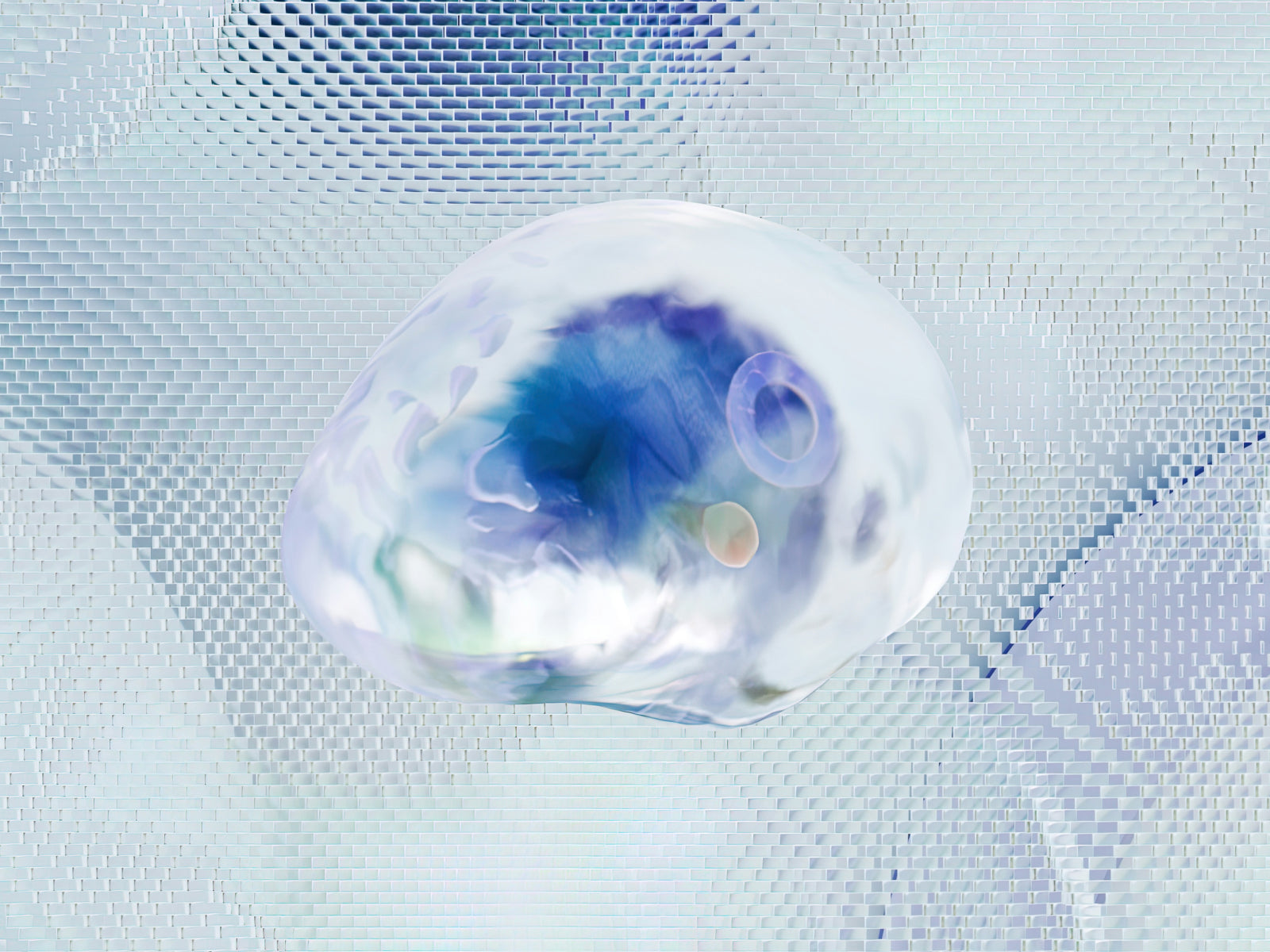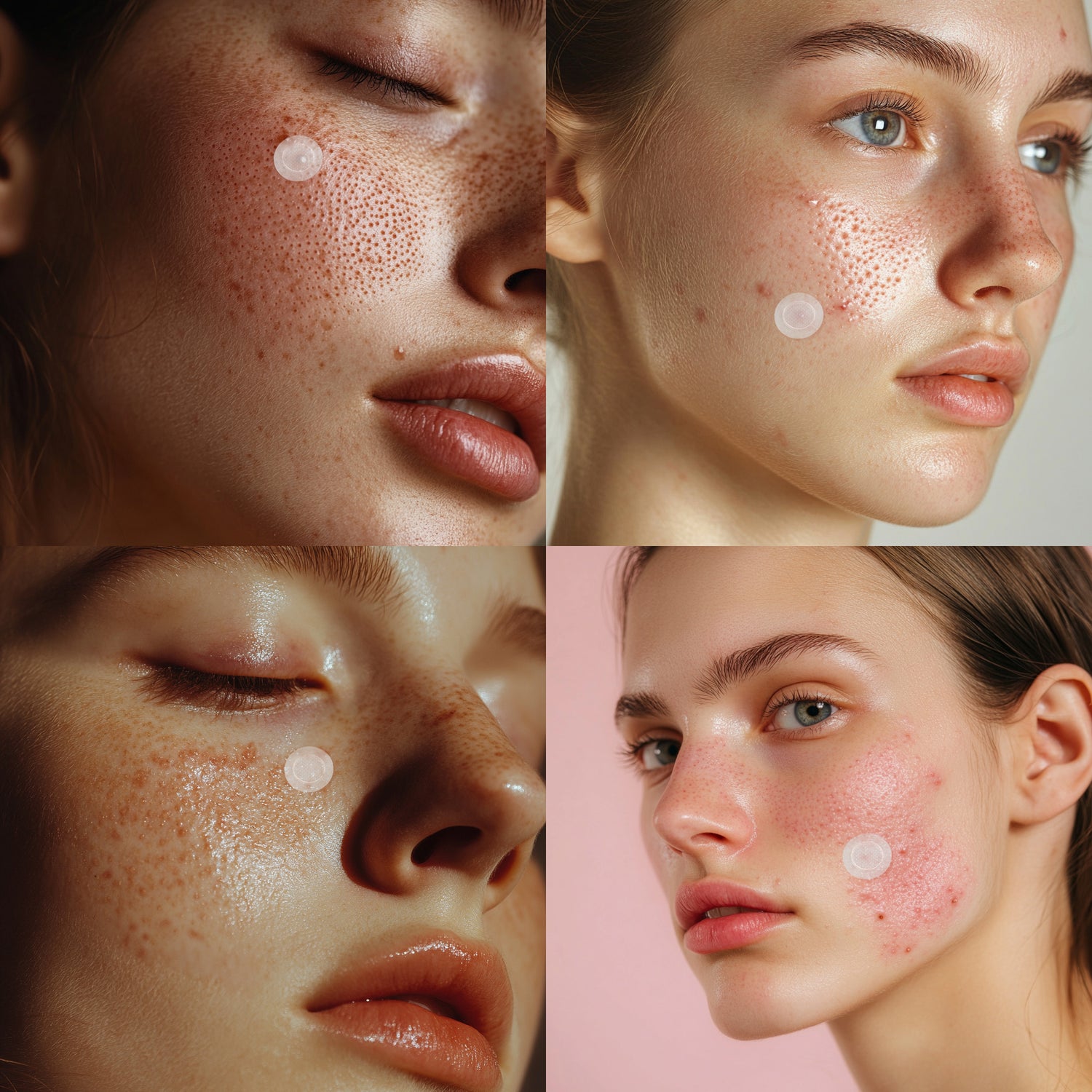Acne is one of the most prevalent skin conditions, affecting people of all ages, especially during adolescence. If you’ve asked yourself, “Why do I have acne?” you’re not alone. In this blog post, we will explore the various causes of acne, its types, and effective treatments to help you manage this condition.
What is Acne?
Acne is a skin condition that occurs when hair follicles become clogged with oil, dead skin cells, and bacteria. It can manifest in several forms, including:
- Comedonal Acne: Characterized by blackheads and whiteheads.
- Inflammatory Acne: Involves red, swollen pimples often filled with pus.
- Cystic Acne: Deep, painful lesions that can be more severe and may lead to scarring.
Common Causes of Acne
Understanding the reasons behind acne can help in managing and preventing breakouts. Here are some of the most common causes:
-
Hormonal Changes: Increased levels of hormones, particularly androgens, during puberty, menstruation, pregnancy, or hormonal disorders can lead to increased oil production in the skin.
-
Excess Oil Production: Overactive sebaceous (oil) glands can lead to an excess of sebum, contributing to clogged pores.
-
Bacteria: Propionibacterium acnes is a bacterium that naturally resides on the skin. When hair follicles get clogged, these bacteria can multiply, leading to inflammation and breakouts.
-
Dead Skin Cells: When dead skin cells don’t shed properly, they can accumulate and mix with oil, clogging hair follicles.
-
Diet: Some studies suggest that certain foods, particularly those high in sugar or dairy, may exacerbate acne.
-
Stress: High-stress levels can trigger hormonal changes that increase oil production, leading to more frequent breakouts.
-
Medication: Certain medications, like corticosteroids or hormonal contraceptives, can have side effects that contribute to acne.
-
Skincare Products: Using products that are comedogenic (pore-clogging) can worsen acne. It's essential to choose non-comedogenic products.
Symptoms of Acne
Acne symptoms can vary widely but often include:
- Pimples or zits
- Blackheads and whiteheads
- Cysts and nodules
- Redness and inflammation
- Scarring (in severe cases)
Treatment Options for Acne
Managing acne often requires a combination of treatments. Here are some common options:
-
Over-the-Counter Treatments: Products containing benzoyl peroxide, salicylic acid, or alpha-hydroxy acids can help reduce breakouts.
-
Prescription Medications: A dermatologist may prescribe topical retinoids, antibiotics, or oral medications, including hormonal treatments, for more severe cases.
-
Natural Remedies: Aloe vera, tea tree oil, and green tea extract may help soothe inflamed skin and reduce acne.
-
Healthy Lifestyle: Maintaining a balanced diet, staying hydrated, managing stress, and following a regular skincare routine can significantly impact your skin's health.
-
Professional Treatments: Options like chemical peels, laser therapy, and drainage of cystic acne may be recommended by dermatologists for more persistent cases.
When to See a Dermatologist
If you experience severe acne, frequent breakouts, or acne that doesn’t respond to over-the-counter treatments, it’s essential to consult a dermatologist. They can provide personalized treatment plans tailored to your skin type and concerns.
Conclusion
Understanding the causes of your acne is the first step toward effective management. By recognizing the triggers and implementing the right treatments, you can achieve healthier, clearer skin. Remember, it’s essential to consult with a healthcare professional if you have concerns about your acne or if it impacts your quality of life. Take charge of your skin health today!







Leave a comment
All comments are moderated before being published.
This site is protected by hCaptcha and the hCaptcha Privacy Policy and Terms of Service apply.